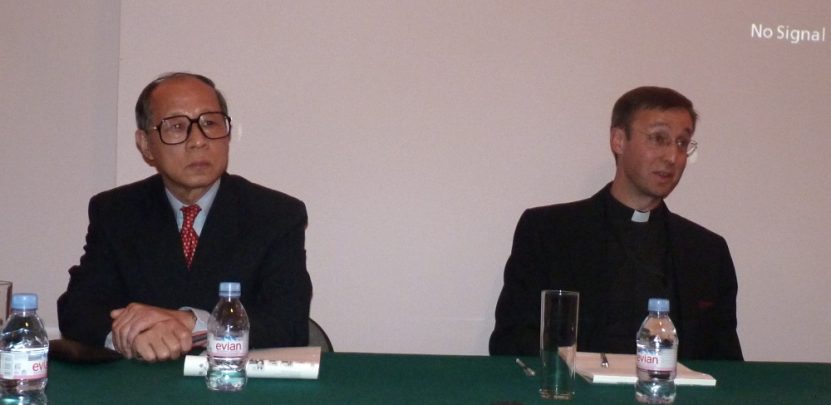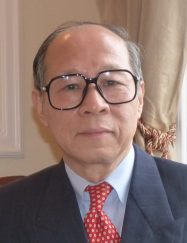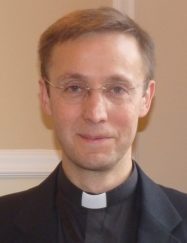 Seminar Series 2014
Seminar Series 2014Tuesday 23 September 2014
6:00pm – 7:30pm
The Power of Conscience
Drinks reception from 8:30pm
13/14 Cornwall Terrace, Outer Circle, London NW1 4QP
Organised by The Daiwa Anglo-Japanese Foundation
Chiune Sugihara, a Japanese diplomat based in the Japanese consulate in Kaunas, Lithuania in 1940, went against his superiors and granted visas to Jewish refugees looking to escape Europe by travelling to Japan via the Trans-Siberian Railway. Many more Japanese along the way assisted the refugees with their escape. The Simon Wiesenthal Centre estimates that they helped as many as 6,000 Jews to flee, and Sugihara was honoured as Righteous Among the Nations by the Israeli government in 1985.
Virtuous behaviour seems to be strongly linked to the notion of conscience, that inner voice that tells us what we ought to do. Conscience has strong power to cause people to act, and our actions are often affected by it in daily life – when recycling rubbish, for example. Corporate social responsibility is a gesture of collective conscience. Parents tell their children to be honest and not tell lies.
But when and how do we learn conscience, or are we born with it? Is conscience synonymous with ethics, morals and a sense of justice? Morals and values differ from country to country, so do cultural values influence people’s conscience? What about religious beliefs? Can one be conscientious without faith? How much are people willing to risk for a clean conscience?
The fifth in our “The Power of” 2014 annual seminar series discusses the power of conscience. Akira Kitade is author of Visas of Life and the Epic Journey: How the Sugihara Survivors reached Japan and talked about the untold stories of Japanese civilians who transported Jewish refugees to safety during the Second World War. The Reverend Alasdair Coles talked about conscience from a more philosophical and Christian theological point of view.
Summary of the seminar, The Power of Conscience
You can view the seminar here:
About the contributors

Akira Kitade
Akira Kitade was born in 1944 in Ueno in Mie Prefecture. He graduated from Keio University with a degree in French Literature in 1966. He then worked for the Japan National Tourist Organization (JNTO), and was posted to Geneva, Dallas and Seoul. Now retired, he is currently a freelance writer and has published his latest book titled Visas of Life and the Epic Journey: How the Sugihara Survivors reached Japan (Chobunsha, 2014).

The Reverend Alasdair Coles
The Reverend Alasdair Coles is chaplain at a secondary academy in Bedfordshire and has worked in schools, parishes and a cathedral since ordination in 1996. He has degrees in Physics, Theology and Philosophy from St Andrews, Oxford and London Universities respectively, presenting a doctoral thesis on the interplay of pagan and Christian thought in late antiquity in 2002. Much of his term time is spent pastorally with students and staff, who may or may not have a religious faith, reflecting together on human problems, their management and potential resolution in the light of western traditions of moral thought and practical reasoning. As a priest in the Diocese of St Albans he also hears confessions and gives spiritual direction.